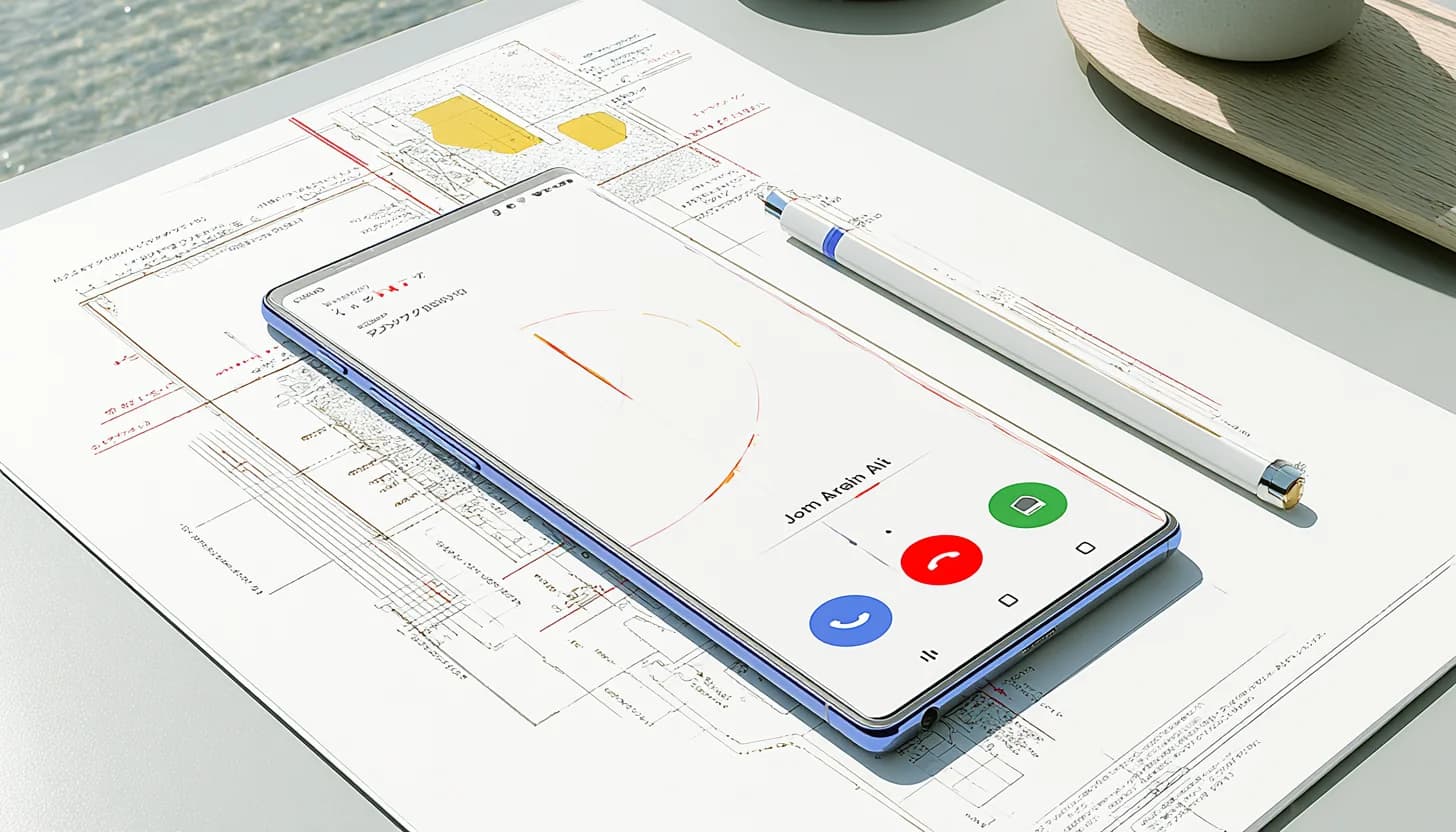Groundwire and Acrobits Softphone are some of the most prominent softphone solutions on the market.
But what's the difference between them? And how do they compare regarding feature set, cost, and use cases?
More importantly, which of the two should you choose for your business? Let's discuss this, starting with a brief overview of the two applications.
Are Acrobits Softphone and Cloud Softphone the Same Thing?
No. Acrobits Softphone is a basic VoIP client, while Cloud Softphone is a low-code solution that enables businesses to design, build, provision, and
deploy white-labeled multi-platform collaboration software.
Software created through Cloud Softphone tends to be much more feature-rich than both Acrobits Softphone and Groundwire combined.
What is Acrobits Softphone App?
Acrobits Softphone is a SIP softphone client designed as a replacement for traditional desk phones.
This
softphone is available on iOS and Android and supports voice calls, video calls, and messaging.
Users can add an unlimited number of SIP accounts to Acrobits Softphone after paying a one-time licensing fee of $6.99 USD, giving them access to lifetime support and feature updates.
What is Groundwire Softphone App?
Groundwire is a more advanced softphone app that includes, among other features, built-in conferencing and call management.
Like Acrobits Softphone, it's available on both iOS and Android. Groundwire also allows users to add as many SIP accounts as they like while also providing lifetime support and access to new features for a one-time fee of $9.99 USD.
Groundwire vs. Acrobits Softphone: Key Differences
| Feature |
Acrobits Softphone |
Groundwire |
| Intended users |
- Individual users
- Small business settings
|
- Individual users needing advanced phone features
- Larger enterprise settings
|
Common Capabilities
Acrobits Softphone and Groundwire are both retail softphone applications that act as VoIP clients using the Session Initiation Protocol (SIP). They share many of the same features and capabilities, including:
- Key phone features - voice calls, video calls, call recording, call holding, Do Not Disturb (DND) setting, and number rewriting
- Supported audio codecs - g.711 µ-law, g.711 A-law, G.722, Opus, iLBC, G.729A, GSM (RPE-LTP), and Codec 2
- Supported video codecs - H.264 (MPEG-4 AVC) and VP8
- Supported security and encryption capabilities - Transport Layer Security (TLS) and Secure Real-time Transport Protocol (SRTP) for media streams [Session Description Protocol Security (SDES), Zimmermann Real-time Transport Protocol (ZRTP), Datagram Transport Layer Security (DTLS)]
- Supporting incoming calls via push notifications
(Note: Go to faq.acrobits.net/about-push-notifications to learn about this feature.)
- Instant messaging
(Note: The Messages tab does not display by default. To use instant messaging, select Settings > Accounts > a desired SIP account > Advanced settings to enable SIMPLE.)
- Compatible with any VoIP/SIP provider
- Available for Android and iOS
- Multiple SIP account subscription
- Acrobits lifelong customer support
- One-time payment with a lifetime license
| Key Differences |
Acrobits Softphone |
Groundwire |
| Attended and unattended transfers |
Not available |
Supported |
| Group calls |
Not available |
Supported |
| Voicemail |
Not available |
Supported |
| Presence operations /Busy lamp field (BLF) |
Not available |
Supported |
| Customization for each SIP account |
Limited |
Extensive |
Acrobits Softphone is mostly intended for individuals and small businesses. It does everything you'd expect a cloud phone to do, including voice and video calls, call recording, and instant messaging. At the same time, Acrobits Softphone lacks several advanced features that are present in the Groundwire softphone app.
The Groundwire app is functionally a more advanced version of Acrobits Softphone. It's primarily intended for enterprise settings, but also works for individuals and businesses looking for more advanced functionality than Softphone can provide.
One of Groundwire's more notable features is that it offers far more comprehensive customization options for SIP accounts, detailed below.
Call Flows
Groundwire supports both attended and unattended call transfers. This means that businesses can choose to either have a human agent direct callers to relevant team members or manage call flows through IVR/auto attendant software. There are benefits and drawbacks to each approach.
Acrobits Softphone only offers basic call holding.
Group Calls
Groundwire comes with built-in audio conferencing. Once you've made a call via Groundwire, you can add as many additional participants to the call as necessary, and you can split conference calls back into individual calls with a single tap.
The number of concurrent calls Groundwire can handle is limited only by your network and device. Acrobits Softphone supports one-on-one calling.
Voicemail
Groundwire has a dedicated, programmable voicemail button that is accessible directly from your Keypad tab.
The app can also be configured to send push notifications about new voice messages and display the number of waiting voicemails at the top left of the interface. This feature is not accessible in Acrobits Softphone app.
Note: For this feature to work, you must choose a SIP provider that offers voicemail.
Busy Lamp Field
With Groundwire, you can see at a glance who's using the app and how they're using it. That's because the software includes a Busy Lamp Field indicating the status of each softphone on your system.
You can see who's available to take a call, who's currently in a call, and which phones are currently not being used.
Acrobits Softphone lacks presence management.
SIP Account Customization
While both Acrobits Softphone and Groundwire apps provide you with some freedom when it comes to configuring your SIP accounts, there are a few additional customization options in Groundwire that aren't present in Acrobits Softphone:
- Custom Do Not Disturb rules.
- Auto answer timeout.
- Display calls answered elsewhere.
- Device Feature Key Synchronization (DFKS).
- Call waiting.
- Whether to pass on caller ID details on attended transfer.
- Push notifications for voicemail.
- Account-specific call forwarding numbers.
Which Application Should You Use?
If you only need to support basic calling, messaging, and video chat, you can purchase Acrobits Softphone.
If you need a more sophisticated client with features like call management and voicemail, go with Groundwire.






